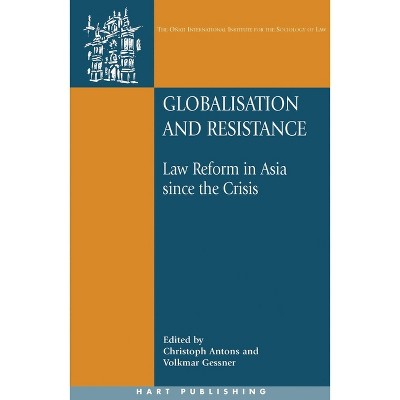Sponsored

Homelands - by Nadav G Shelef (Paperback)
In Stock
Sponsored
About this item
Highlights
- Why are some territorial partitions accepted as the appropriate borders of a nation's homeland, whereas in other places conflict continues despite or even because of division of territory?
- About the Author: Nadav G. Shelef is the Harvey M. Meyerhoff Professor of Israel Studies and Professor of Political Science at the University of Wisconsin, Madison.
- 336 Pages
- Political Science, World
Description
About the Book
"Nadav G. Shelef explains that homelands matter deeply in domestic and international politics, their contours can change, and domestic political competition drives those changes"--Book Synopsis
Why are some territorial partitions accepted as the appropriate borders of a nation's homeland, whereas in other places conflict continues despite or even because of division of territory? In Homelands, Nadav G. Shelef develops a theory of what homelands are that acknowledges both their importance in domestic and international politics and their change over time. These changes, he argues, driven by domestic political competition and help explain the variation in whether partitions resolve conflict.
Homelands also provides systematic, comparable data about the homeland status of lost territory over time that allow it to bridge the persistent gap between constructivist theories of nationalism and positivist empirical analyses of international relations.
Review Quotes
Shelef (Univ. of Wisconsin, Madison) expertly employs a multiple case study approach (Germany, Palestine, Italy) in this methodologically sound, rigorously researched analysis of the nexus of territoriality, borders, and conflicts as applied to the amorphous definition of homeland.
-- "Choice"About the Author
Nadav G. Shelef is the Harvey M. Meyerhoff Professor of Israel Studies and Professor of Political Science at the University of Wisconsin, Madison. He is the author of Evolving Nationalism.
Shipping details
Return details
Trending Non-Fiction

















